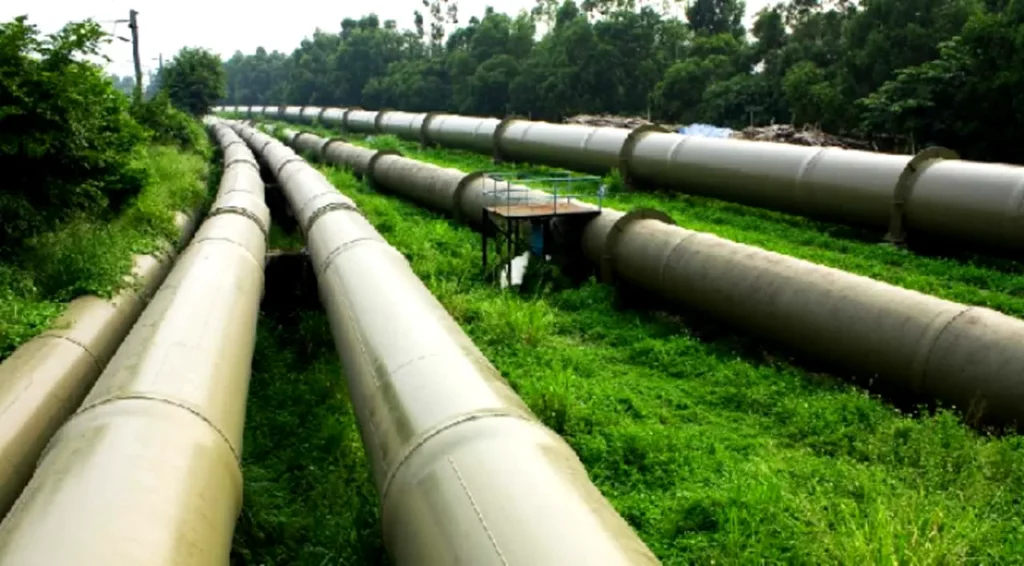
Nigeria’s oil and gas industry experienced historic crises throughout 2022 as the sector struggled with severe crude thefts and pipeline vandalism constraining output, but will do relatively well this year, a new report has said.
Resumption of operations at onshore export terminals at the end of 2022 coupled with fresh offshore drilling activity have turned the outlook positive for 2023, according to a new report by investment research firm Hawilti.
The research agency released its Nigeria Upstream Oil & Gas Report for 2023 , forecasting a recovery of onshore volumes and incremental growth coming from shallow water projects.
The company estimated that Nigeria’s onshore production stood at only some 400,000 bpd last year, against more than 725,000 bpd in 2020. Its initial analysis forecast a strong but not full recovery of onshore production in 2023, although it noted an uptick in drilling activity from a wide range of onshore operators.
It also noted the potential of field owners who have recently secured Petroleum Prospecting Licences (PPLs) under the country’s last Marginal Fields Bidding Round to raise output.
These new entrants, it said, will seek to make the best of their new three-year licenses to start producing as soon as possible, providing they can secure the funding and technical expertise to redevelop their assets.
The report pointed to increased investment from onshore operators into midstream and downstream infrastructure to minimise their exposure to third-party export pipelines.
“The market is witnessing a strong appetite for additional storage capacity and refining infrastructure from both large and marginal fields operators,” Hawilti said.
The report noted real growth potential from Nigeria’s shallow water segment, where it highlighted several brownfield and greenfield projects by operators such as General Hydrocarbons, Sunlink Energies, Oriental Energy Resources, West Africa E&P, Yinka Folawiyo Petroleum, and AMNI International that could drive output in the short and medium-term.
“Nigeria’s shallow water segment remains attractive because of its existing and reliable export infrastructure and its widely de-risked geology,” said the Director and Head of Research at Hawilti, Mickael Vogel.
“However, its attractiveness can also be a double-edge sword because a lot of discovered fields are sought after by stakeholders, generating strong but lengthy Mergers and Acquisitions (M&A) activity that ultimately delays projects’ development,” he added.
source:https://www.thisdaylive.com/
